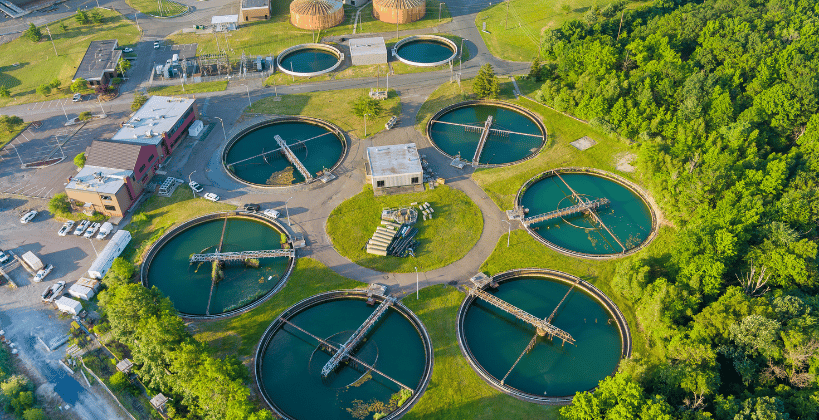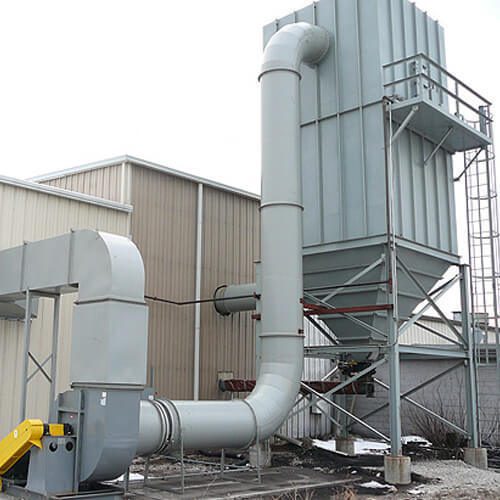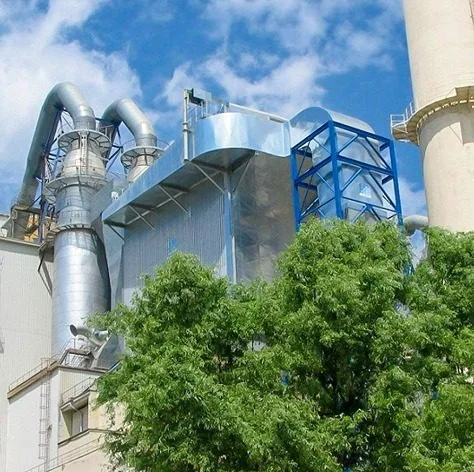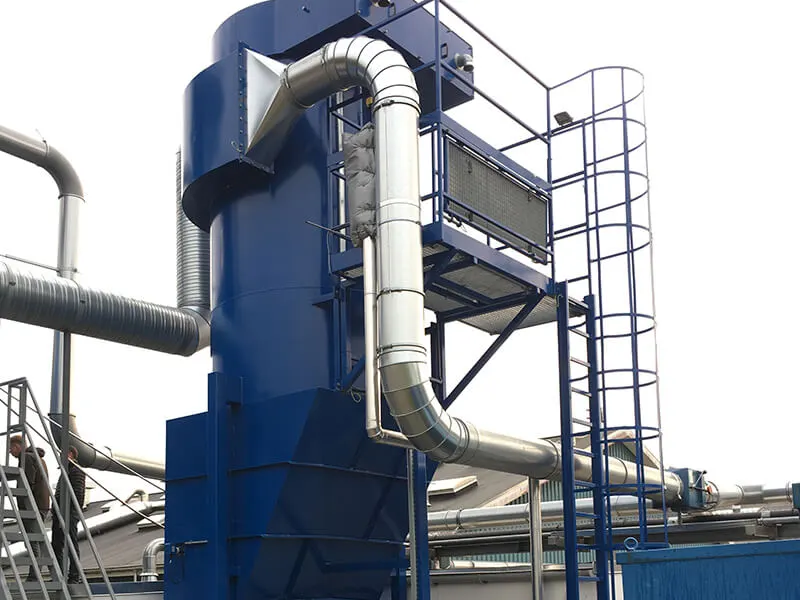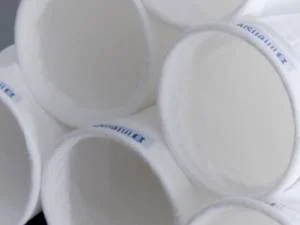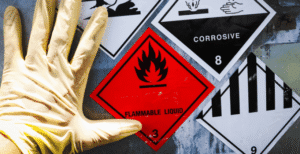Waste generation is one of the most pressing global environmental challenges, affecting industries, urban development, and ecosystems. Effective waste management solutions are essential for minimizing environmental harm, conserving resources, and ensuring regulatory compliance. From recycling and composting to waste-to-energy technologies, modern solutions are transforming how waste is managed, helping businesses and municipalities adopt sustainable practices.
By implementing smart waste management strategies, industries can significantly reduce landfill waste, lower carbon emissions, and promote a circular economy. Whether for manufacturing, healthcare, commercial businesses, or municipal services, the right waste management approach ensures efficiency, compliance, and long-term sustainability.
Understanding Waste Management: Key Components and Processes
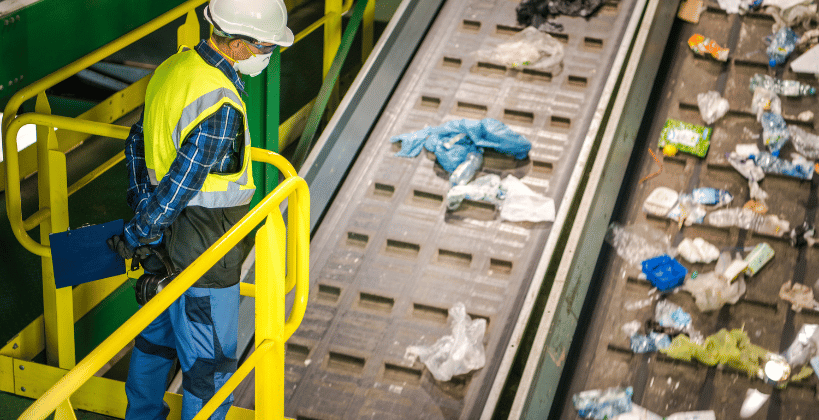
Waste management involves the collection, treatment, and disposal of waste materials in a way that reduces environmental and health risks. Modern waste management solutions focus on a hierarchical approach, prioritizing waste reduction, reuse, and recycling before disposal.
The primary components of effective waste management include:
- Waste Collection & Segregation – Sorting waste at the source ensures efficient recycling and treatment.
- Recycling & Material Recovery – Transforming waste materials into reusable products reduces raw material consumption.
- Organic Waste Treatment – Composting and anaerobic digestion convert biodegradable waste into soil conditioners and bioenergy.
- Hazardous Waste Management – Proper disposal and neutralization of hazardous materials prevent environmental contamination.
- Waste-to-Energy (WTE) Technologies – Converting non-recyclable waste into electricity and heat minimizes landfill dependency.
By integrating these processes, businesses and municipalities can create sustainable waste management systems that promote environmental responsibility.
Types of Waste and Their Management Solutions
Different industries generate various types of waste, each requiring specific management strategies.
1. Municipal Solid Waste (MSW)
Household and commercial waste, including plastics, paper, and food waste, are managed through recycling, composting, and landfill diversion programs. Modern waste sorting technologies help increase recycling rates and reduce environmental impact.
2. Industrial & Manufacturing Waste
Industries generate large volumes of metal scraps, chemical residues, and production byproducts. Waste management solutions for industries include material recovery facilities, industrial waste treatment plants, and process optimization to minimize waste generation.
3. Hazardous & Biomedical Waste
Hospitals, laboratories, and chemical industries produce biohazardous, toxic, and pharmaceutical waste that require specialized treatment such as incineration, chemical neutralization, and secure landfill disposal to prevent contamination.
4. Electronic Waste (E-Waste)
The rapid growth of electronic devices has led to an increase in discarded electronics, batteries, and circuit boards. E-waste recycling facilities recover valuable metals and safely dispose of hazardous components.
5. Construction & Demolition Waste
Concrete, wood, metal, and glass from construction sites are diverted from landfills through onsite recycling, reuse of materials, and sustainable demolition practices.
6. Agricultural Waste
Farms produce large amounts of organic waste, manure, and pesticide residues. Composting, biogas generation, and sustainable farming practices are essential for managing agricultural waste.
Each type of waste requires a tailored approach to minimize its impact while maximizing resource recovery.
طیف وسیعی از راه حل های ما را کشف کنید:
Innovative Waste Management Technologies
Technological advancements have revolutionized waste management, making it more efficient and environmentally friendly. Key innovations include:
- AI & Smart Waste Bins – Intelligent waste sorting and collection systems reduce contamination and improve recycling rates.
- Plasma Gasification – Converts waste into syngas, a renewable energy source.
- Automated Material Recovery Facilities (MRFs) – Uses robotics to separate recyclables with high precision.
- Circular Economy Initiatives – Encouraging businesses to design products with recyclability in mind, promoting sustainable consumption.
- Bioremediation & Eco-Friendly Waste Treatment – Using microorganisms to break down pollutants in industrial waste.
These cutting-edge technologies improve waste processing efficiency, reduce emissions, and promote sustainability.
The Benefits of Effective Waste Management Solutions
Environmental Protection & Pollution Reduction
Energy Recovery & Resource Efficiency
Waste-to-energy technologies convert non-recyclable waste into usable energy, reducing dependence on fossil fuels and optimizing resource utilization.
Regulatory Compliance & Corporate Responsibility
Industries and municipalities must comply with waste disposal laws and environmental regulations. Implementing sustainable waste management solutions demonstrates corporate responsibility and avoids legal penalties.
Cost Savings & Economic Opportunities
Recycling and waste reduction lower disposal costs while creating new revenue streams from recovered materials. Sustainable practices improve long-term business profitability.
Community & Public Health Benefits
Cleaner environments reduce disease risks, improve quality of life, and create job opportunities in the waste management sector.
Choosing the Right Waste Management Solution
Selecting the best waste management solution depends on factors such as waste volume, composition, regulatory requirements, and sustainability goals. Businesses and municipalities should:
- Conduct waste audits to identify sources and volumes of waste.
- Implement waste reduction strategies at the source.
- Invest in recycling and recovery technologies.
- Collaborate with waste management professionals to optimize disposal methods.
- Educate employees and communities on sustainable waste practices.
A strategic approach ensures that waste is managed efficiently, cost-effectively, and in an environmentally responsible manner.
Why Choose Intensiv Filter Himenviro for Waste Management Solutions?
At Intensiv Filter Himenviro, we provide customized, high-efficiency waste management solutions that help industries and communities minimize environmental impact. Our expertise in waste filtration, recycling systems, and eco-friendly disposal methods ensures that waste is managed in a way that promotes sustainability.
Our Commitment to Sustainable Waste Management:
✔ Innovative Waste Treatment Technologies – Advanced solutions for air and water filtration.
✔ Customized Waste Reduction Plans – Tailored strategies for businesses and municipalities.
✔ Compliance with Environmental Regulations – Ensuring legal and sustainable waste practices.
✔ Energy-Efficient Waste Processing – Lowering carbon footprint and improving sustainability.
✔ Ongoing Support & Consultation – Expert guidance for waste management optimization.

Conclusion: Shaping a Greener Future Through Smart Waste Management
As industries and communities strive for sustainability, adopting innovative and efficient waste management solutions is essential. Reducing waste, maximizing recycling, and utilizing advanced disposal technologies help create a cleaner, healthier, and more sustainable world.
With Intensiv Filter Himenviro’s expertise in waste management solutions, businesses can achieve environmental compliance, operational efficiency, and long-term sustainability. Contact us today to explore tailored waste management strategies for your industry’s needs.
